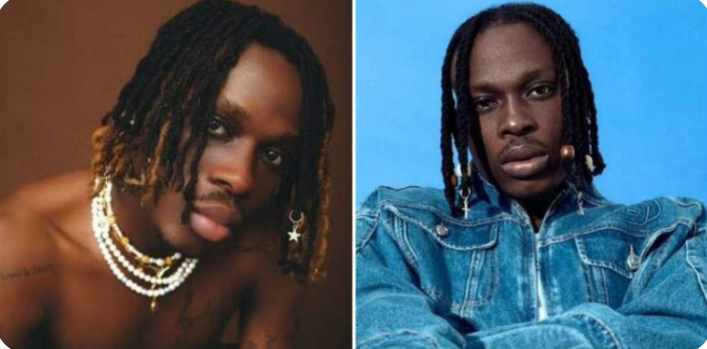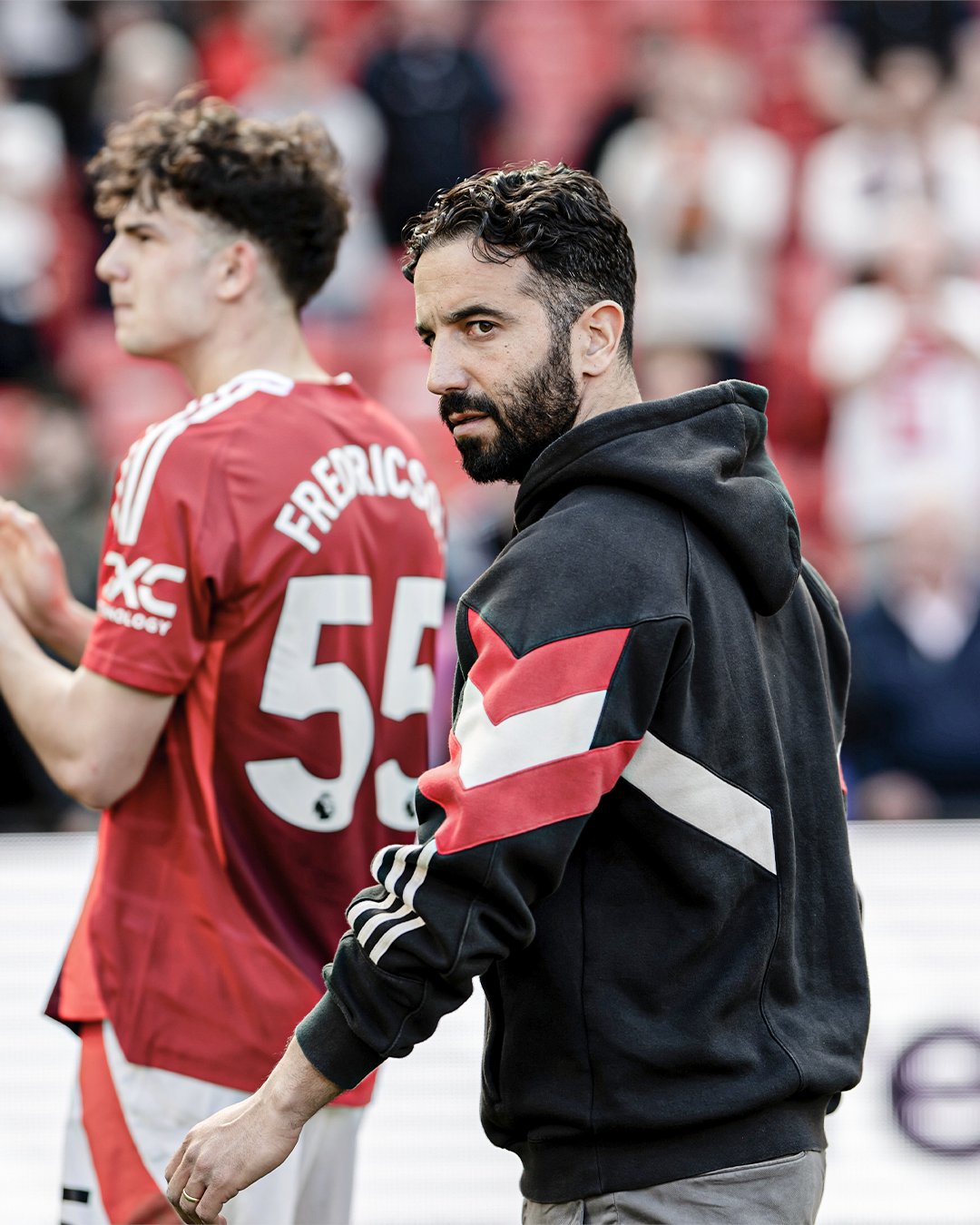
From Pepper Soup to Playlists: How Olamide Saved Fireboy DML from Selling Lamps Under Ajah Bridge

In a world where fame often masks the gritty origins of success, Fireboy DML has peeled back the curtain with a raw and heartfelt confession that reveals just how close he came to missing the spotlight altogether. During a revealing appearance on the 90s Baby Show in London, the Afrobeat star recounted the unimaginable path he nearly took before music—and fate—intervened. The moment? A crossroads that found him seriously considering life as a rechargeable lamp vendor beneath Ajah Bridge in Lagos.
It’s almost difficult to imagine the artist behind global hits like Peru, Vibration, and Bandana contemplating a street hustle that involved shouting for customers under a flyover. But that was Fireboy’s reality not too long ago—a reality shaped by a mix of desperation, dignity, and an unrelenting desire to find something better. “Thank God for that [Olamide signing me],” Fireboy said with gratitude still heavy in his voice. “I was considering selling rechargeable lamps. I met one guy under Ajah Bridge, he was telling me about the business and I told him I was interested.”
For the YBNL star, life before fame wasn’t just tough—it was humbling. Despite holding a university degree, Fireboy found himself bouncing between menial jobs in Lagos, trying to survive and protect his dignity all at once. At one point, he worked in a pepper soup joint, serving up bowls of spicy broth while dreaming of a studio mic and sold-out concerts. But even that had its limits. “To me, at the time, [selling lamps] was more dignified. At least, people will call you a lamp seller. But selling pepper soup is crazy, bro,” he confessed. “My parents didn’t know I was doing menial jobs. It was crazy but now, we thank God.”
The story might sound like the perfect plot for a Nollywood film, but for Fireboy, it was real life. He was standing at the edge of obscurity, on the verge of becoming another forgotten name swallowed by the harsh streets of Lagos. And then, just like that, his life changed—with a WhatsApp message.
Yes, the moment that launched Fireboy into the upper echelons of Afrobeats stardom came not with fanfare, but through a simple message on a phone. In 2018, Fireboy got signed to YBNL Nation, the independent label run by Nigerian rap legend Olamide. That digital lifeline didn’t just change Fireboy’s trajectory—it altered the very future of Nigerian pop music.
For Fireboy, the timing couldn’t have been more divine. The universe aligned just as he was contemplating life as a full-time street vendor. Olamide, known for his uncanny ability to spot raw talent, saw in Fireboy what the rest of the world would soon recognize: a voice laced with soul, lyrics drenched in poetry, and a sound that bridged heartbreak with dancefloors. The rest, as they say, is history.
But what makes Fireboy’s story so powerful isn’t just the rise—it’s the struggle. It’s the image of a young graduate roaming the streets of Ajah in search of meaning, battling pride and poverty, chasing a dream while the world turned a blind eye. It’s the vulnerability of a son hiding his hustle from his parents because the truth felt too shameful. It’s the quiet desperation of a man ready to settle for less, not because he lacked ambition, but because dignity was in short supply.
And yet, it’s also a story of intervention—of what happens when belief meets opportunity. Olamide didn’t just sign Fireboy; he rescued a dreamer teetering on the edge. In many ways, Olamide has played the godfather role in Nigerian music for years, ushering in a generation of stars including Adekunle Gold, Lil Kesh, Asake, and now Fireboy. But for Fireboy, the connection feels deeper, more personal. It’s the kind of rescue that reshapes a man’s destiny.
In 2025, Fireboy stands tall—not just as a music star, but as a symbol of hope. His voice fills arenas, his lyrics resonate globally, and his story reminds countless young Nigerians that rock bottom doesn’t have to be the end. It can be the beginning.
His humility continues to shine even as his star rises. By speaking openly about his past, Fireboy gives permission for others to own their struggles, to dream boldly even when the odds seem stacked. His is a victory not just for himself, but for everyone who has ever looked at their bank account and thought, “Maybe this dream isn’t worth it.”
Now a household name and global ambassador of Nigerian sound, Fireboy DML could have easily chosen to bury his past in the glitter of fame. But instead, he wears it like armor—a reminder of where he came from and how far he’s climbed. He doesn't forget Ajah Bridge, or the man who offered to show him the lamp-selling ropes. He doesn’t forget the pepper soup joint, the sleepless nights, or the silence of parents who didn’t know how hard things had gotten. And he definitely doesn’t forget the message from Olamide that came at just the right time.
From contemplating lamps to lighting up stages across the world, Fireboy DML is proof that grace, timing, and belief—both in oneself and from others—can flip the script in the blink of an eye. His journey is far from over, but it’s already one for the books. And to think, it all could have ended under a bridge in Ajah.


